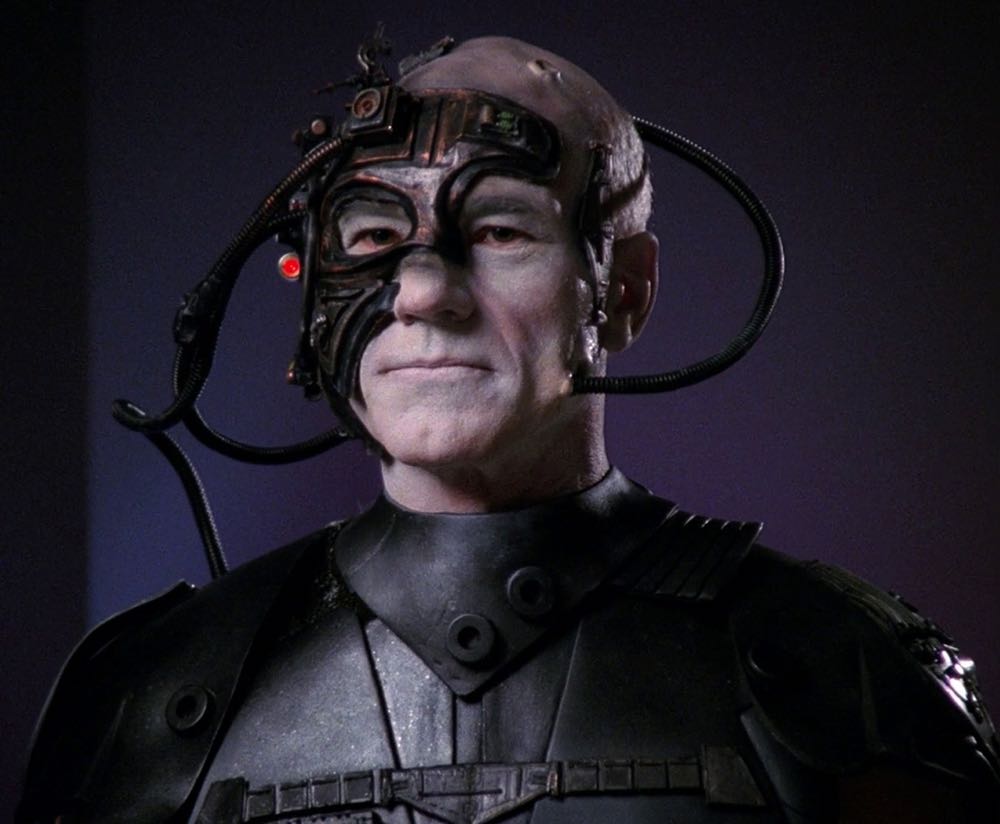The Winners of Steve Case’s Third Wave of the Internet will be decided by User Interface Designers
Steve Case is kind of a big deal, especially if you live in the DC, Maryland, Virginia area. Name-dropping him or his foundation at networking events is both expected and redundant considering how many people his work has impacted. Steve’s work at AOL in the early 90’s and his work today as a venture capitalist have shaped our region and set standards both literally and figuratively for building businesses powered by the internet.
Yesterday, I read Steve’s piece in the Washington Post predicting what will fuel the the ‘Third Wave’ of the internet and what industries will be turned upside-down this time around.
Steve’s article defines the First Wave as ‘the build phase’, where infrastructure was laid and protocols were written to make the internet more than just a point-to-point communication system, giving it the flexibility to be worthy of the name World Wide Web.#
The Second Wave many of us were born into (and have been profiting from); we plug different services and platforms into the worldwide web that allow us to engage in meaningful interactions with our fellow humans. This includes things like uploading pictures of your lunch and swiping right# to find the love of our life. But Steve Case believes this Second Wave of the internet is ending.
The Third Wave of the Internet is about to break. The opportunity is now shifting to integrating it into everyday life, in increasingly seamless and ubiquitous ways. These third-wave companies will take on some of the economy’s largest sectors: health care, education, transportation, energy, financial services, food and government services. These third-wave sectors — all now ripe for disruption — represent more than half of the U.S. economy.
Some people read that and heard ‘wearable technology’, ‘smart homes’, and ‘more apps’. That’s fine, but it’s a shallow understanding of what this Third Wave will have in store for the people capitalizing on it and how it will impact the end user (that means you).
This Third Wave will have us heavily focused on how we as a species design machines and their interfaces so they exist seamlessly in every aspect of our lives.
Yes, there are many talented people doing just that every day already, and yes the terms UX (User experinece)# and UI (User interface)# are now part of almost every ‘tech’ conversation, but I’ll boldly state that despite their over-usage, they are not simply in vogue, but a sign of the coming renaissance that will be centered around reinventing how we interact with machines.
Steve’s point about integrating into everyday life is spot on, though integration should not be defined as combining two things into something new, it should be be understood as the merging of two very different things so perfectly that they can no longer be defined as two different things.
Here is a simple example: With our current technology and understanding of human-machine interaction, a watch that has a touch screen and connection to the internet is called a smart watch. This is because the device is so clearly not a watch. However, in the middle of this Third Wave, we won’t refer to that device as a smart watch, it will simply be a watch. The technology that makes a smart watch ‘smart’ will be so perfectly integrated with your classic time piece it won’t require a special designation.
Sure there is a always the factor of the ‘assimilation and acceptance’ cycle for new technology that naturally makes it both current and ‘normal’ over a period of time, but in the Third Wave, expect that acceptance period to happen almost immediately. And that immediate acceptance and adoption of integrated products and services will define the winners and losers in this next wave.

Resistance isn’t futile, but it sure is stupid
The individuals and companies that successfully catch this Third Wave will be investing heavily in discovering new ways to get end users to accept the disruptions they’ll be causing in the industries Steve called out. But it won’t be a question of who can do it first, it will be a question of who can do it better, and better means introducing disruptive products and services to the end user in the least disruptive way possible.
In other words, the most disruptive companies in the Third Wave will be the ones whose innovations go largely unnoticed by the humans relying on them to live.
Like what you read? Share it.
(That helps us.)
Love what you read? Patronize Joe Corbett.
That helps us and the writer.
What is Patronizing? Learn more here.


